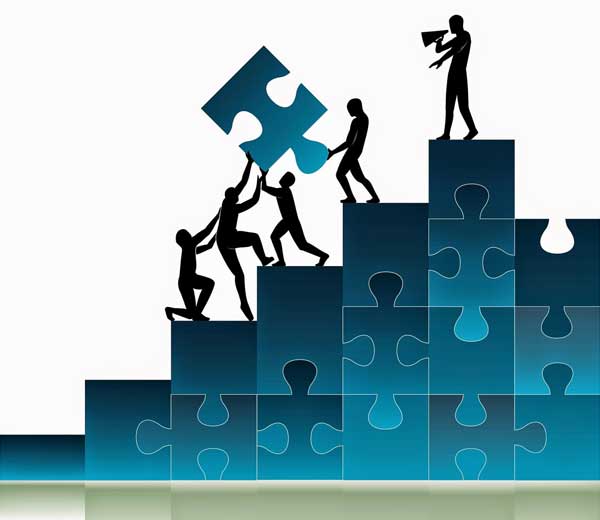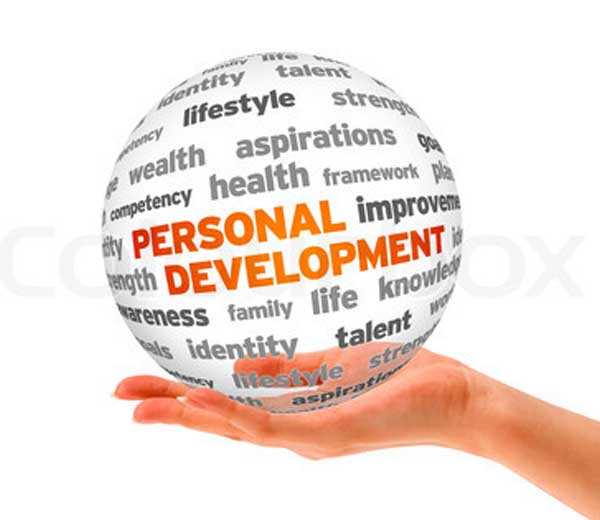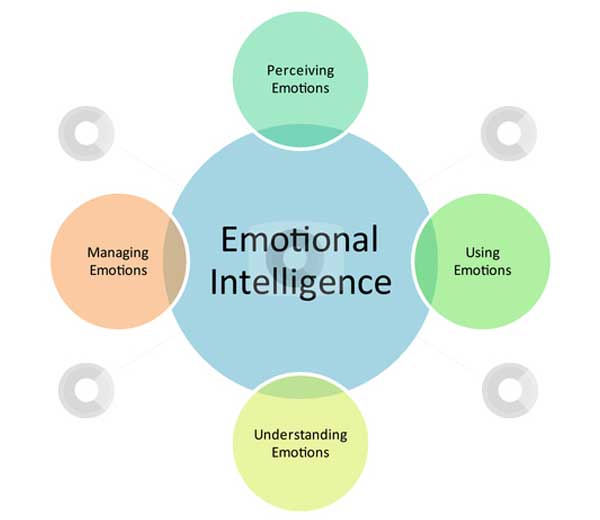
11 personal development strategies that really work
It is important to maximise your personal development in the workplace and you′ll be surprised at the number of aspects that you can improve upon. You can address gaps in your knowledge, enhance existing skills or learn new ones. You may want to concentrate on improving your health and fitness, enriching your quality of life or addressing your work-life balance. Or perhaps you′re looking to tackle your happiness, self-awareness or self-esteem. Whatever you choose to do, the business benefits of personal development will be astounding.
After you have appraised yourself to determine what weaknesses you want to focus on, you can set about putting in place some strategies to meet those personal development needs. Here are some that really work.
1. Set goals First and foremost, you need to have very clear objectives. You will need to know precisely what you want to achieve, so that further down the line you′ll be able to measure if you′ve acheived it. Setting great goals will help; make sure your goal is specific, measurable, achievable, realistic and time-based.
2. Write it down Committing an action to paper (or a digital to-do list) makes it more real, if you have a performance management system, this would be perfect to use. Your aims and plans become more concrete and tangible and you have a permanent reminder of what you are trying to achieve. An unticked checklist point will nag at you until you finish it.
3. Do what works for you If you′ve done something in a certain way before and it helped you improve, then use that tactic again. It′s no good buying umpteen self-help books if you know that you respond better to learning through training courses.
4. Start small It could seem daunting to "make yourself a better communicator". But if you break that sizeable target down into smaller steps and start on just one of them, then the task seems less formidable. If you challenge yourself to achieve just a modest goal at first, you can grow from there once you′re ready. Reaching a small, more achievable personal development goal empowers and encourages us to continue. In no time at all, you will be merrily working away towards your ultimate end-goal.
5. Go at your own pace This is similar to the previous point. As well as starting small, you shouldn′t pressurise yourself to achieve something in too short a timeframe. We often overcommit, so if you can′t reach your goal in the time you have allowed, be kind to yourself and relax the deadline. If your goal is marathon-like, you might not achieve it all in one go, but each step you take will be a step nearer the finishing line.
6. Improve existing skills When it comes to self-improvement, we often concentrate on learning something new. But sometimes you might want to consider improving something you′re already good at, rather than addressing one of your weaknesses. Too often we focus on our negatives. But if you can strengthen something you′re already good at, you could become extraordinary at it. The benefits of that to your small business could be spectacular.
7. Have a winners′ mindset It′s never wrong to embrace and address your failures, that way you will learn from them. If you go into new experiences and learning situations with the mindset that you will achieve, you are more likely to do so. Carol Dweck, author of "Mindset: The New Psychology of Success", says that successful people have a growth mindset and that they "believe that even basic talents and abilities can be developed over time through experience, mentorship, and so on. And these are the people who go for it. They′re not always worried about how smart they are, how they′ll look, what a mistake will mean. They challenge themselves and grow."
8. Learn from every experience you have Try to take something from every personal encounter you have. Most people we come across day to day can teach us something that we can then apply in our own lives. At the simplest level, the friendly customer service you received when you picked up your morning coffee will probably have brightened your day. Can you then apply that attitude in your next encounter and make someone else similarly happy? Try also to be open to new opinions and new ways of doing things; you never know what you might learn.
9. Employ a deeper approach It is sometimes best to study one thing in great depth than to learn lots of things at a more superficial level. You may have identified a few aspects of your character that you want to address in your personal development plan. It′s almost a given that you won′t be able to take on everything at once. So address one thing at a time and dedicate enough time and resource to it so that you can approach it more deeply and thoroughly than you otherwise might have been able to.
10 Prioritise your personal development Set aside the time to spend on yourself. Put your own development at the top of your agenda and focus thoroughly on it. Unless you apply yourself, your new learning won′t become a habit and things will gradually wane. Besides, you′re worth it.
11. Measure your achievements Measuring your progress along the way allows you to adjust your plan if you are not on track. If something′s not working, you might need to stretch a deadline or adjust the objectives or the strategy itself. If you at least know that it′s not working, you can then ask why. You can additionally consider how you might be able to make it work and what you have learned from it.




